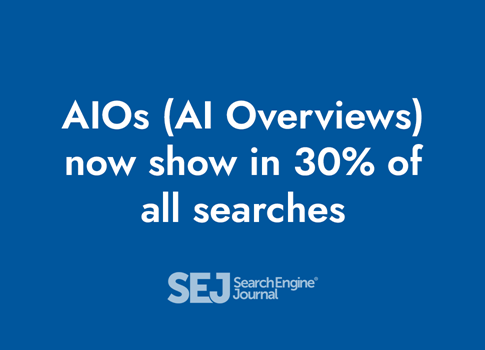
The digital marketing landscape for hotels is undergoing a significant transformation, driven by the surging adoption of AI-enabled search and usage of intelligent AI agents like ChatGPT.
NB: This is an article from 80 Days
Subscribe to our weekly newsletter and stay up to date
This transformation necessitates a new approach to maintain your hotel’s online visibility. Introducing yet another acronym, because we don’t have enough in hospitality already!:
GEO or Generative Engine Optimisation
.
A New Era Of Search
The widespread adoption of conversational AI is striking. ChatGPT now boasts over 400 million active weekly users according to Backlinko. This figure doesn’t even account for its significant competitors in the AI agent space, including Gemini, Perplexity, Claude, and Microsoft’s CoPilot. Collectively, visits to AI agents have grown significantly; by 67% in just 12 months.
This surge in AI agent usage is occurring alongside the increasing frequency of AI-enabled search experiences. Recent research from SEJ reveals that AI Overviews (AIOs) are now integrated into 30% of all search results, fundamentally altering the search landscape. Traditional search engines are also actively testing AI chatbot functionalities within their platforms. Bing introduced its Copilot Chat feature in 2023, and Google is currently experimenting with its AI Mode chatbot in the United States.
With Gartner reporting that traditional search engine volumes will drop 25% by 2026, it’s clear that search marketing is beginning to lose market share to AI-enabled search and AI agents.
GEO will become essential to boost your brand’s visibility in this new era of search, while attracting targeted traffic to your website and turning visitors into loyal guests.
What is GEO?
GEO stands for Generative Engine Optimisation and is the process of optimising your website’s content to ensure it is accurately understood, used, and prioritised by AI-driven search engines and AI agents.
One way hotel websites can support this is by structuring content clearly and consistently – for example, by using FAQs, amenity descriptions, and using natural, conversational language in blog posts.
Hotel Schema and other relevant markups makes your website’s content more easily understood by AI-driven search engines, while Digital PR and brand citations signal authority and relevance, helping AI prioritise your content over competitors.
GEO ultimately boosts your brand’s presence in AI-powered search results for queries related to your hotel, destination, services, and other relevant themes.
It works alongside traditional hotel SEO methods to help users discover your brand and it helps you to stay ahead of the competition in this new search landscape.
What are the differences between SEO and GEO?
Traditional SEO primarily targets organic listings (‘blue links’) in SERPs (Search Engine Result Pages), as well as complementary search features, including local listings, featured snippets, ‘people also ask’ results, images and videos.
On the other hand, GEO focuses on contextually relevant responses generated by AI-powered search engines.




